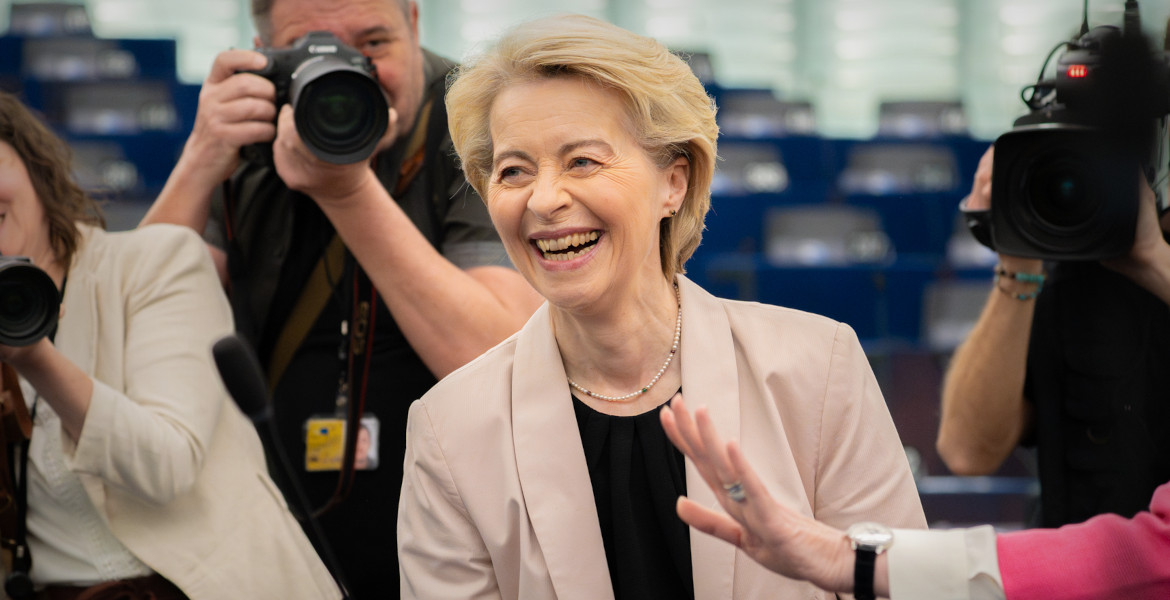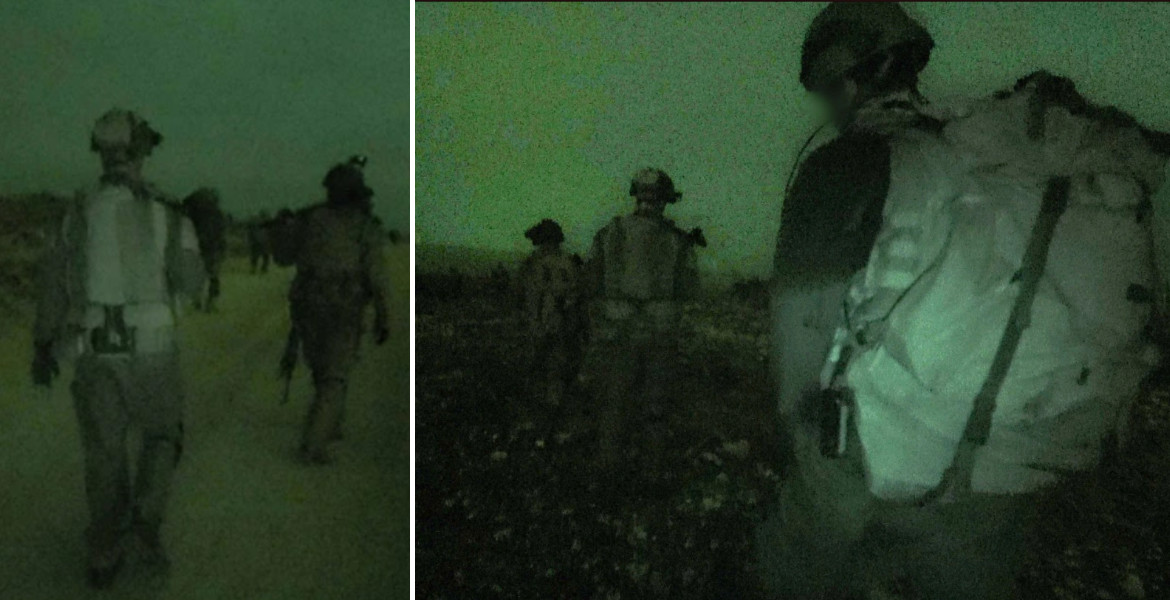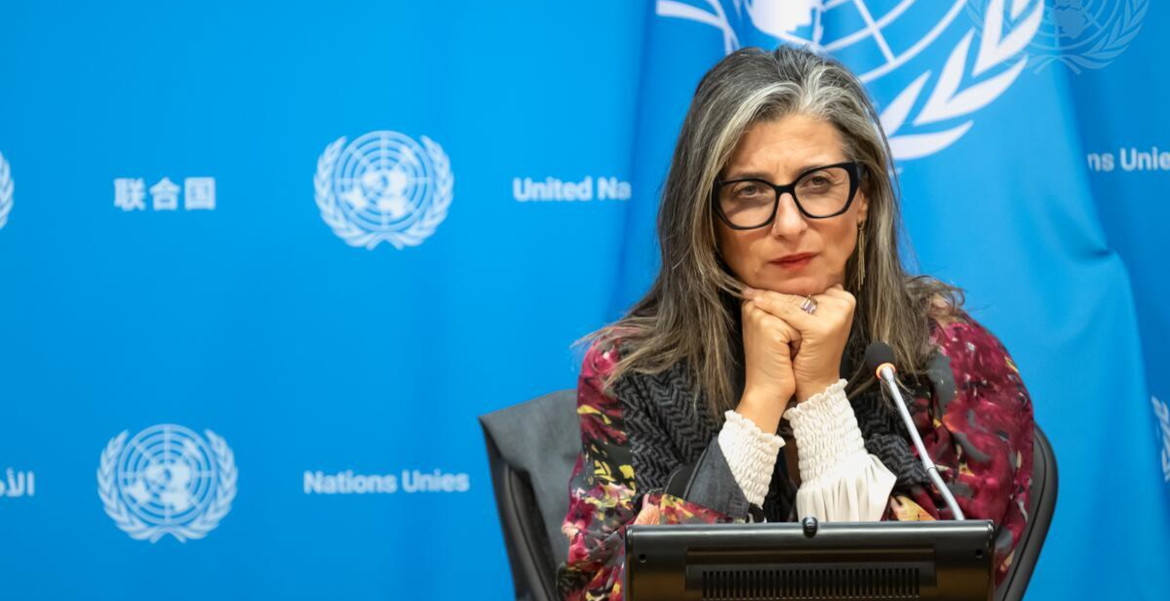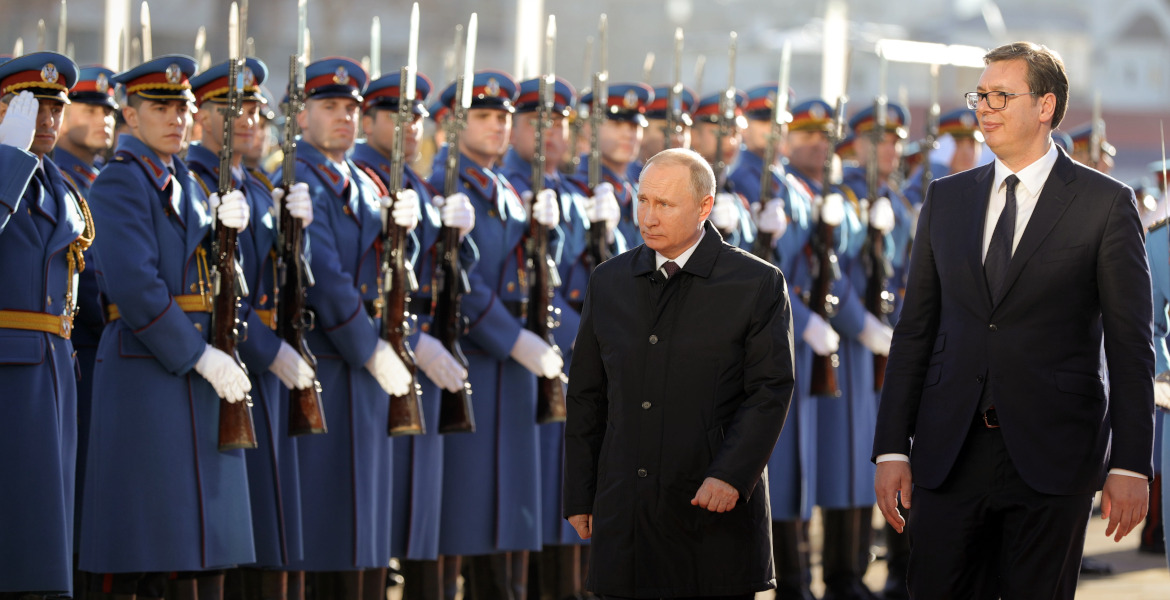In the labyrinth of Argentina’s economic woes, President Javier Milei’s recent rejection of BRICS membership adds a new layer of complexity to the nation’s uphill battle against inflation, dwindling foreign reserves, and a looming debt crisis.
Argentina’s economic narrative reads like a tale of multiple currencies and a precarious financial tightrope. With inflation rates soaring well above 140 per cent, and an official exchange rate at odds with the elusive “blue dollar,” Argentina’s economic landscape is a patchwork of uncertainty.
The recent decision to pay international debts in Chinese yuan, leveraging a standing swap line with China, reflects the urgency and creativity required to navigate this financial maze.
As Argentina grapples with a severe shortage of foreign exchange, exacerbated by drought conditions and a poor harvest, the rejection of BRICS+ membership raises eyebrows. The BRICS alliance, with its economic prowess and diverse resources, could potentially offer Argentina a lifeline to weather the storm.
One of the primary advantages of BRICS+ membership lies in the access to a diverse array of markets and resources. For a nation like Argentina, grappling with inflation and a shortage of foreign exchange reserves, the benefits of aligning with a coalition of emerging economic giants are hard to ignore. These nations collectively represent a vast consumer market and a rich tapestry of industries, offering Argentina the prospect of new trade avenues and investment opportunities.
President Milei’s libertarian ideals emphasise a minimalistic approach to government intervention, but the rejection of BRICS+ raises questions about the administration’s commitment to fostering economic growth. In an era where economic interdependence is the norm, opting for isolation might hinder Argentina’s ability to attract foreign investment and forge mutually beneficial partnerships.
It’s also crucial to consider the geopolitical chessboard. In rejecting BRICS+, Argentina may find itself sidelined in discussions that shape the rules of the global economic game. As this alliance solidifies its influence, decisions made within its confines could impact trade agreements, currency valuations, and economic policies worldwide. By refusing a seat at this table, Argentina may inadvertently forfeit a voice in shaping the rules that govern its economic destiny.
However, President Milei’s administration appears to be steering towards economic autonomy, even as the nation faces the pressing need for external support.
The urgent need for Argentina is crystal clear: reduce inflation. Yet, the path to achieving this goal is riddled with challenges. The central bank, burdened with short-term, peso-denominated treasury bills and a precarious interest income scenario, must navigate the balance between controlling inflation and preventing a currency freefall.
The question of debt is paramount. Argentina’s outstanding international bonds, valued at a mere 30 cents on the dollar, signal an impending restructuring. While the global market might not be shocked by Argentina’s restructuring, the country’s $45 billion debt to the International Monetary Fund (IMF) underscores the critical importance of a realistic repayment plan.
Argentina’s actions and policies resonate far beyond its borders, influencing the IMF’s lending approach and potentially setting legal precedents in sovereign debt enforcement.
The real-world experiment lies in the hands of the Argentine president. If Milei’s proposal to dollarise the economy becomes reality, it could redefine the understanding of a country’s debt carrying capacity. Dollarisation may offer a semblance of stability, but the risk of a deep default looms large, turning all domestic debts into a claim on Argentina’s non-existent dollar reserves.
In rejecting BRICS+, Argentina appears to be charting its own course. Whether this bold move proves to be a masterstroke or a miscalculation remains to be seen. As the world watches, Argentina stands at the intersection of economic uncertainty and the quest for autonomy, navigating uncharted waters with the hopes of finding a solution that will reshape its destiny.









